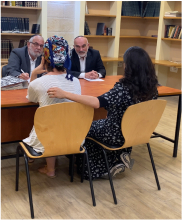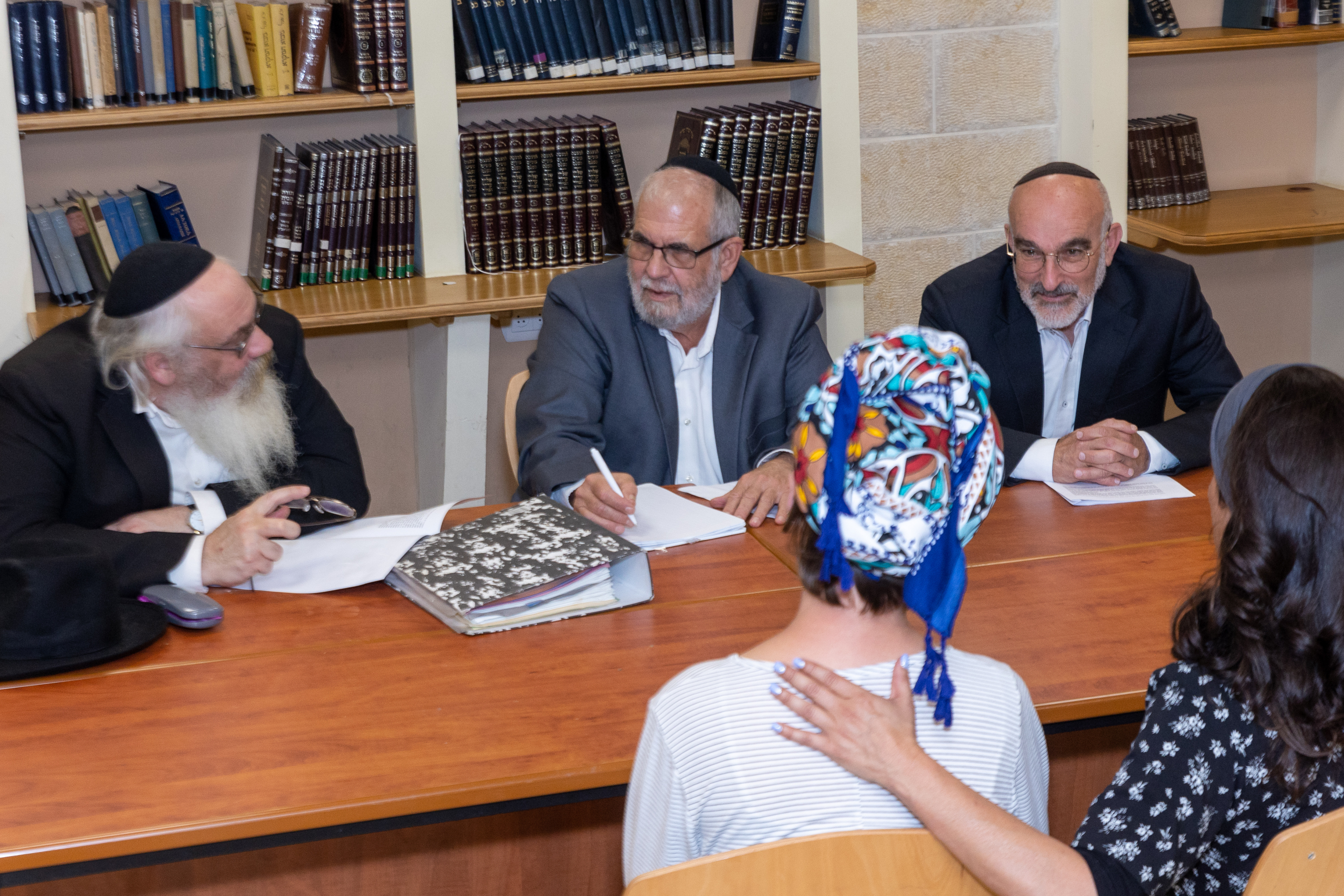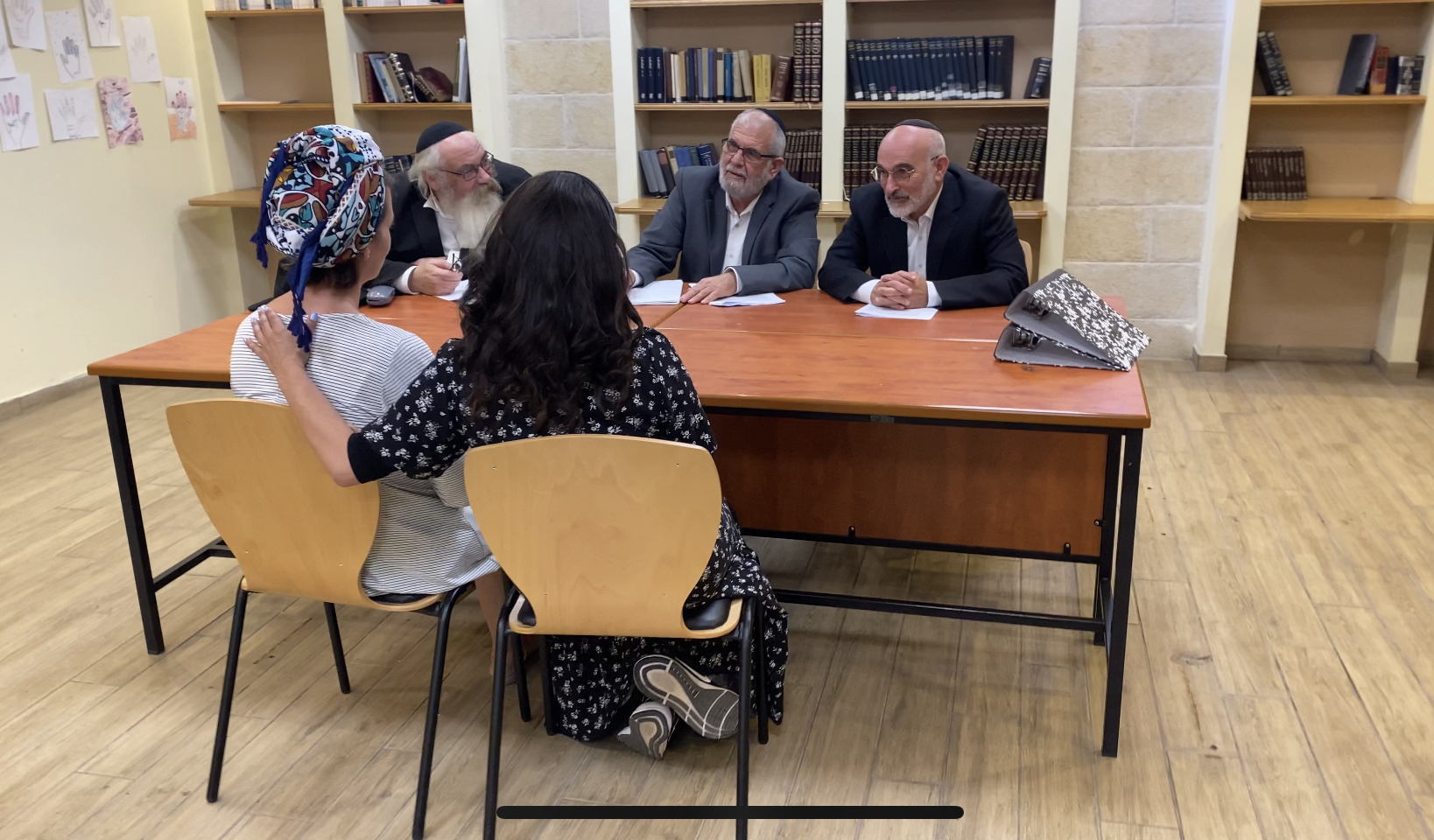In the last 150 years, Jewish communities worldwide have undergone dramatic transformations and upheavals. Whereas in the past, Jews often lived their entire lives in one community and felt obligated to obey local rabbinic authority, the new reality means that individuals can move around at will, and rabbis are left with little to no authority. Under these current conditions, a husband can easily refuse to give his wife a gett and expect to see few consequences. Even when local communities attempt to address the problem of gett abuse, the husband can almost always find another orthodox community that is willing to overlook his behavior.

The International Beit Din (“IBD”) was established to focus on difficult cases of gett abuse and seeks to address each case carefully and methodically. The IBD first evaluates whether there are sufficient grounds to obligate the husband to give a gett, and if this is indeed the case, all efforts are made to encourage the husband to give the gett. In cases where it is appropriate, social and communal pressure may also be applied. Only if these efforts are unsuccessful will the IBD evaluate whether there are halachic grounds to rule the marriage null and void, even without the giving of a gett.
First, according to all halakhic authorities, the act of kiddushin requires two valid witnesses. Without two valid witnesses, it is as if the marriage never took place, even if the couple lived together for many years afterward. A witness can be invalidated for several reasons, such as being related to the chatan and/or the kallah, being related to each other, or being mechalel shabbat b’farhesia (publicly desecrating the Sabbath). Through a careful investigation of the details of the wedding, the IBD makes every effort to determine whether there were two valid witnesses to the kiddushin, and if it can be confirmed that there are not, the woman can be freed without a gett. This approach has been established again and again throughout shas and poskim, and is accepted by nearly all halachic authorities.




The analysis below carefully and comprehensively examines the concept of mum gadol as grounds for kiddushei taut in the gemara, rishonim, achronim, and responsa literature. It is important to note that rulings of kiddushei taut have been made hundreds if not thousands of times throughout Jewish history. Poskim offer examples such as impotence, mental illness, and psychological dysfunction that make married life untenable. Read more
According to halacha, domestic violence is grounds for ruling that the husband must give a get. If the husband engaged in violent or abusive behavior towards previous partners before the marriage, he can be viewed as having a mum gadol and it may be determined that the marriage is null and void. Read more


